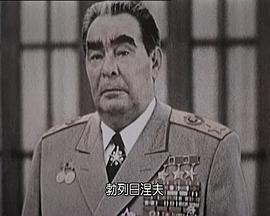 剧情介绍
剧情介绍
“It is a film from an extended series. It is hard to say who is the main character of “The Soviet Elegy.” There are more than a hundred faces of our compatriots. But, of course, it is not by chance that it is the destiny of a famous political figure, Boris Nikolayevitch Yeltsin, that bears a special accent in the film. Though he got to power following quite typical ways, his uncommon character puts him out of the ordinary, and in the author’s opinion it may be determined by his uncommon human nature. Our hero exists within the tragic pattern of the soviet socialist life. He is a character of a drama, of which he is one of the authors. “The Soviet Elegy” can hardly be called a documentary film in the proper sense. Of course, the author guarantees the accuracy of chronology, but he insists on an artistic mode of thinking, not on a political or historical investigation.”
扫码用手机观看
分享到朋友圈

